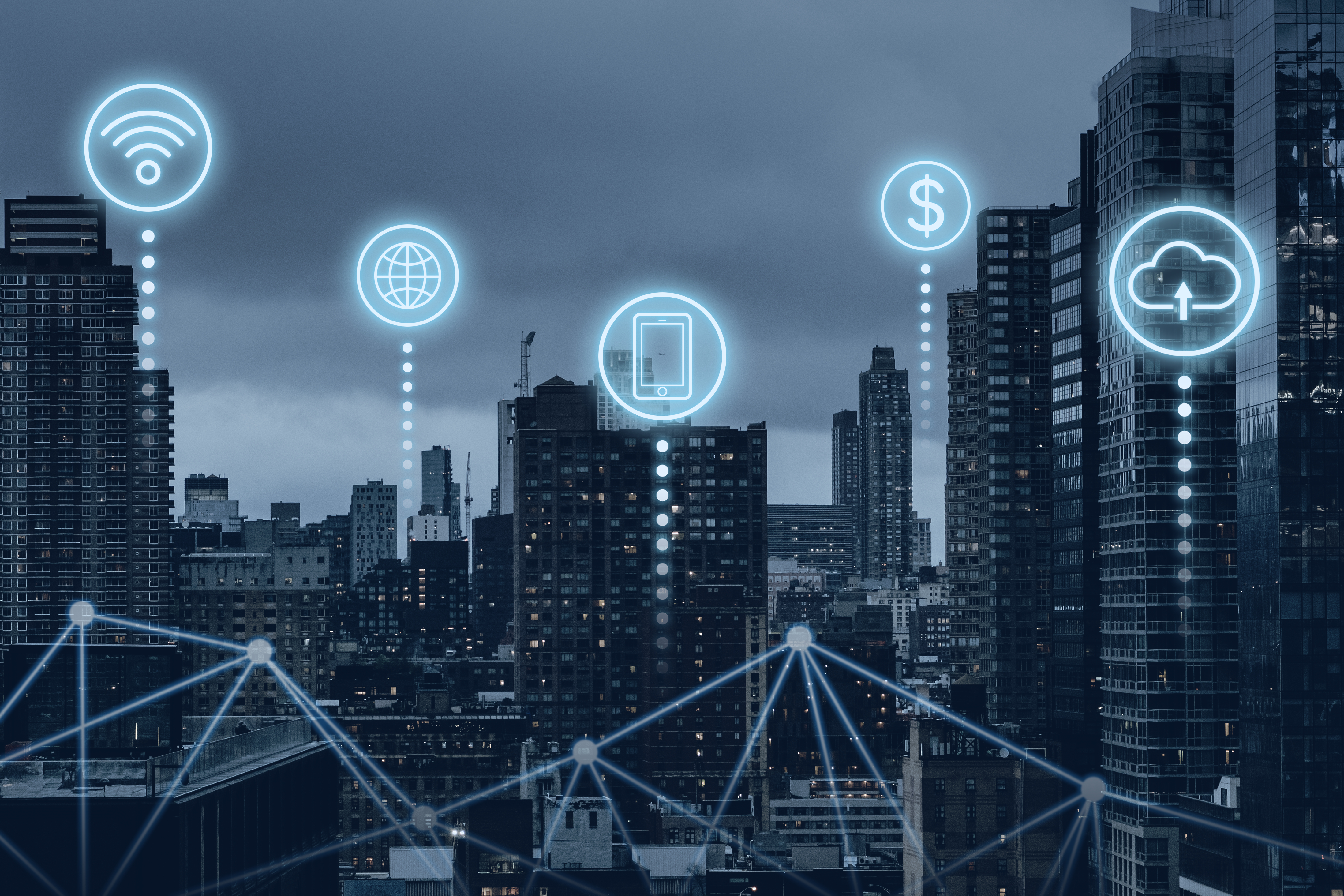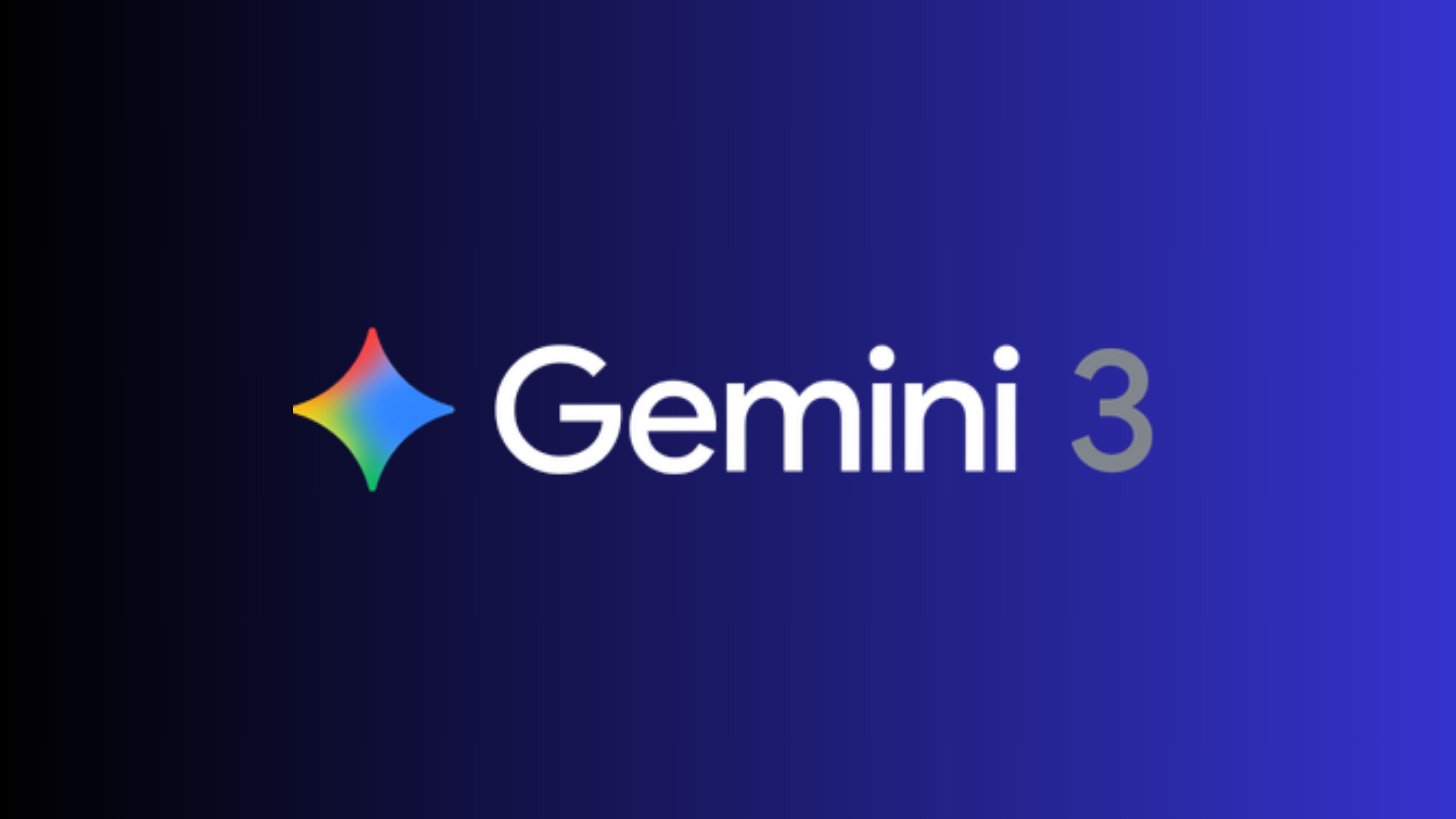Cryptocurrency theft intensified in 2025, with total stolen funds exceeding $3.4 billion despite fewer large-scale incidents. Losses became increasingly concentrated, with a few major breaches driving most of the annual damage and widening the gap between typical hacks and extreme outliers.
North Korea remained the dominant threat actor, stealing at least $2.02 billion in digital assets during the year, a 51% increase compared with 2024.
Larger thefts were achieved through fewer operations, often relying on insider access, executive impersonation, and long-term infiltration of crypto firms rather than frequent attacks.
Laundering activity linked to North Korean actors followed a distinctive and disciplined pattern. Stolen funds moved in smaller tranches through Chinese-language laundering networks, bridges, and mixing services, usually following a structured 45-day cycle.
Individual wallet attacks surged, impacting tens of thousands of victims, while the total value stolen from personal wallets fell. Decentralised finance remained resilient, with hack losses low despite rising locked capital, indicating stronger security practices.
Would you like to learn more about AI, tech and digital diplomacy? If so, ask our Diplo chatbot!










